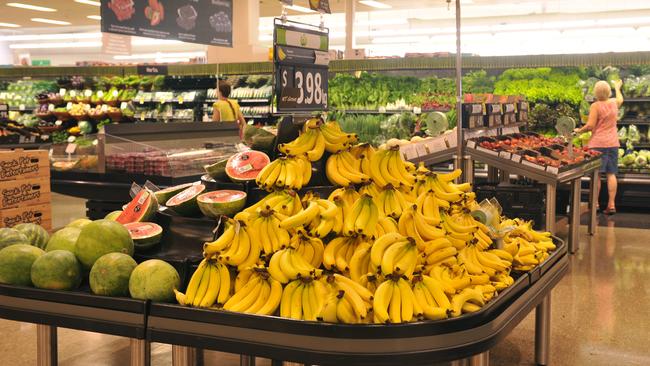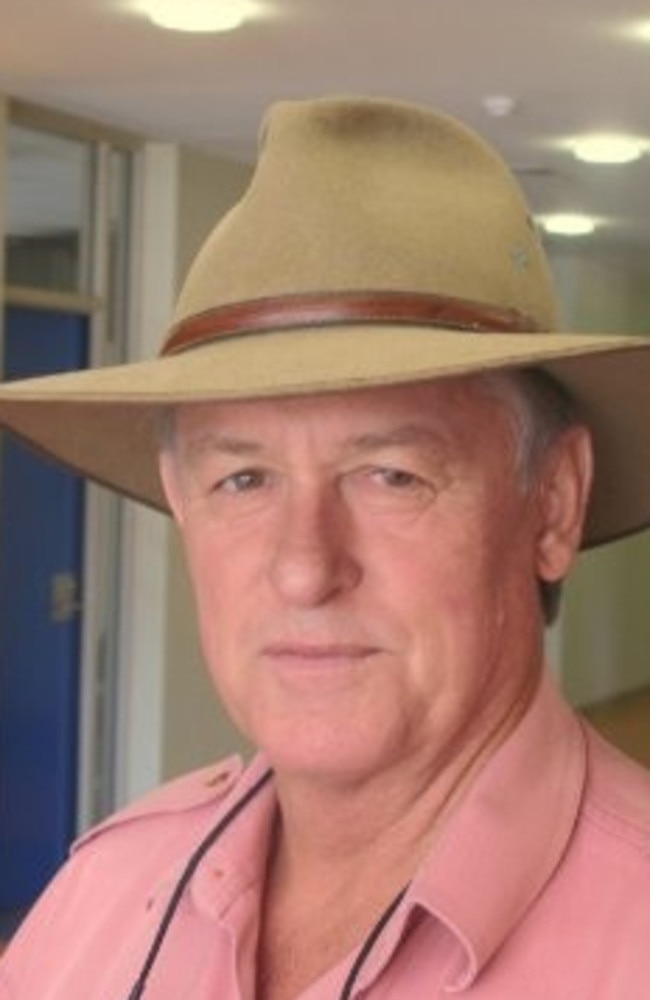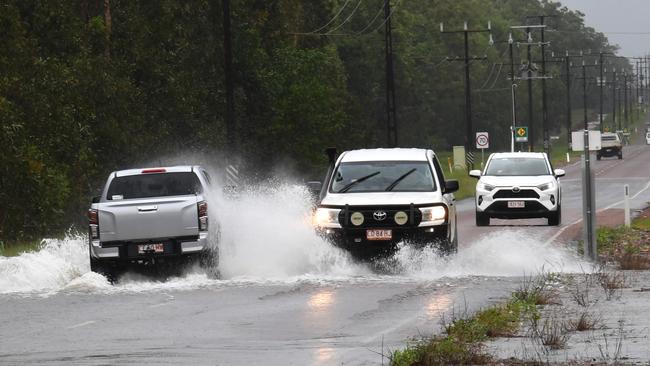NT economy avoids recession as growth slows in March 2023 quarter
The latest data shows consumer confidence in the Territory has slumped and the economy appears to be flatlining, but there’s cause for some optimism.
Business
Don't miss out on the headlines from Business. Followed categories will be added to My News.
Consumer confidence in the Territory has slumped and the economy appears to be flatlining, according to the latest ABS data.
The latest national accounts show the Territory economy only narrowly avoided recession when quarterly state final demand figures from March were revised up.
State Final Demand fell 0.4 per cent in the March quarter, following a 0.5 per cent decline in the December quarter.
This would technically have put the NT economy into recession, but this week’s figures revised the December quarter SFD figure to a 0.4 per cent increase.
The figures show the Reserve Bank’s aggressive interest rate strategy to control inflation is hitting spending.
The figures show household expenditure down 0.7 per cent between December and March, and gross capital expenditure, which includes land improvements, plant, machinery and equipment purchases and private and public construction, fell 4.8 per cent.

Tasmania, with a decline of 0.2 per cent, was the only other jurisdiction to record a fall in economic activity.
The 4.8 per cent decrease in private gross fixed capital was driven by a 12.7 per cent fall in non-dwelling construction driven by new engineering construction due to reduced mining investment.
This was partly offset by a 14.7 per cent increase in total machinery and equipment with purchases across multiple industries and a 5.5 increase in intellectual property products due to strength in mineral and petroleum exploration.
An increase in total consumption expenditure of 0.2 per cent was driven by a 1.2 per cent increase in government spending, with a 1.8 per cent increase in state and local expenditure reflecting non-employee expenses such as flood support costs.

This was partly offset by a 0.7 per cent decrease in household consumption driven by recreation and culture, (down 2.8 per cent), operation of vehicles (down 2.8 per cent), food (down 1.1 per cent), furnishings and household equipment (down 2.3 per cent) and hotels, cafes and restaurants (down 0.8 per cent).
CDU political economist Professor Rolf Gerritseen said caution was required when reviewing NT economic data because of the small sample size.
“Growth is very slow,” he said.
“Positive but slow. There are a hell of a lot of projects in the pipeline which will pretty soon gee-up the Territory economy.

“People tend to regard the NT economy as the Darwin economy, and the economy in Alice Springs is probably slower than it is in Darwin.
“I see the economy remaining in a relatively static period until the Defence projects start spending.”
Treasurer Eva Lawler pointed to the revised March SFD figure and the Covid-19 rebound as proof of economic resilience.
“Although state final demand fell in the March quarter 2023, this followed increases of 0.4 per cent in the December quarter 2022 and 2.5 per cent in the September quarter 2022,” she said.
“Year-on-year growth in state final demand is 2.7 per cent.
“These numbers are consistent with forecasts for 2.5 per cent growth in state final demand for the 2022-23 financial year as published in the Budget in May.
“The Territory economy has grown strongly through the pandemic period and subsequent reopening.
“Since December 2019, the Territory’s state final demand has grown by 18 per cent, significantly more than any other Australian jurisdiction.
“Unemployment is currently at a low 3.6 per cent and employment in the Territory is at a record high of 143,500, surpassing the levels seen at the peak of the construction of the Ichthys LNG plant.”





